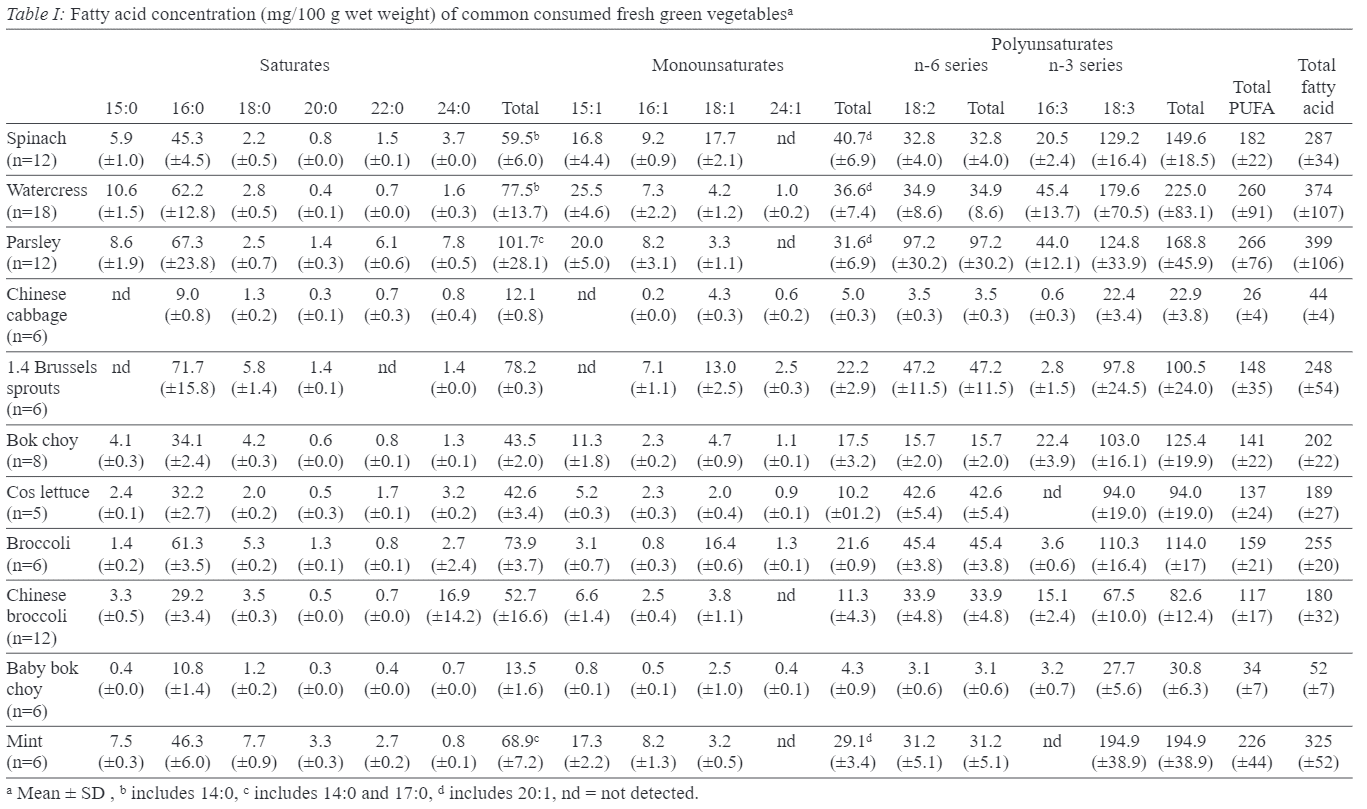General Orange
Member
So then If I read this right, it is better to keep more cholesterol in brain tissue than DHA.
Therefore, the idea that DHA must come from diet to increase uptake in the brain is foolish, and it does damage along the way.
The body can make it when needed, but as is evident from studies the DHA made from precursors like ALA or SDA or EPA do not let the DHA get in tissues for a good reason, coz DHA is disruptive.
Therefore, the idea that DHA must come from diet to increase uptake in the brain is foolish, and it does damage along the way.
The body can make it when needed, but as is evident from studies the DHA made from precursors like ALA or SDA or EPA do not let the DHA get in tissues for a good reason, coz DHA is disruptive.

